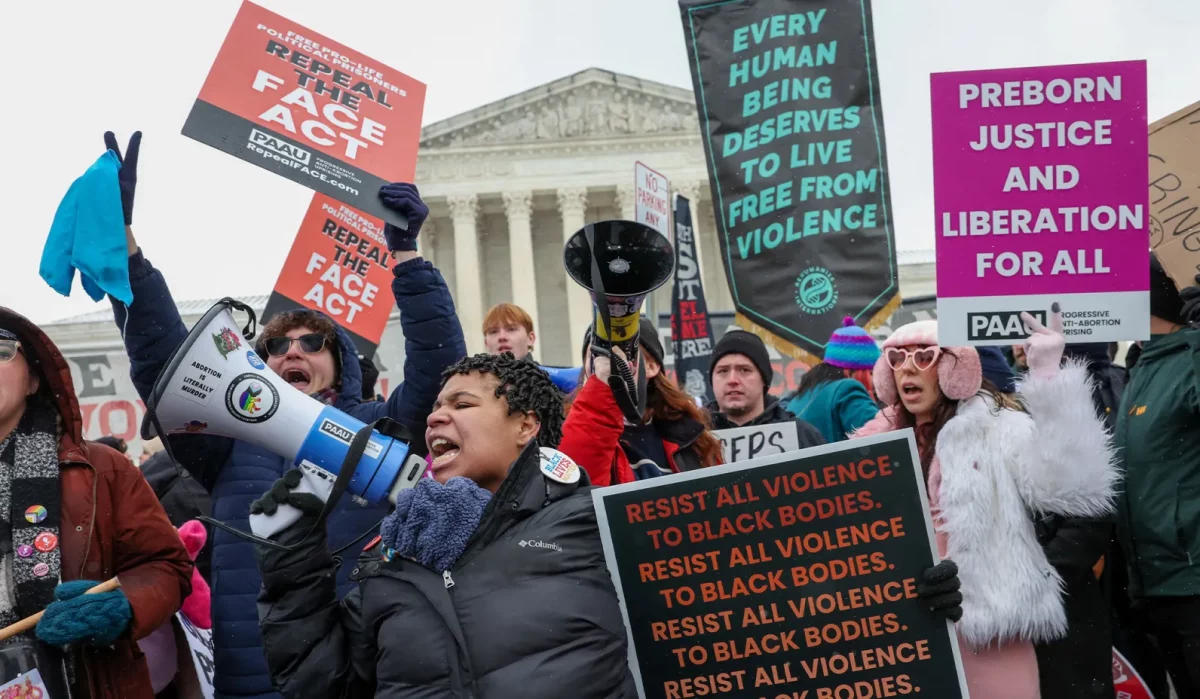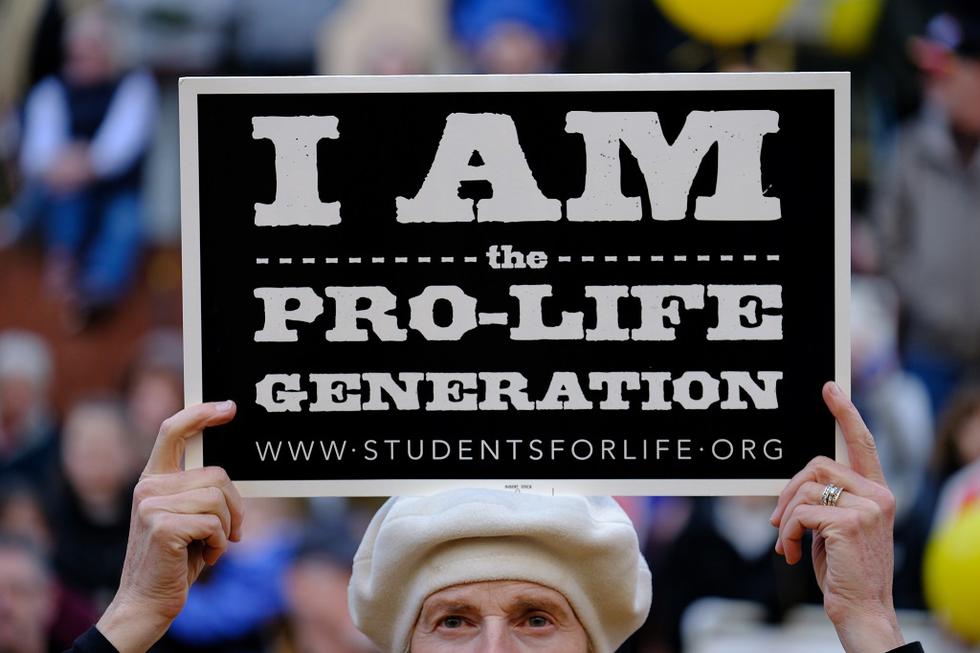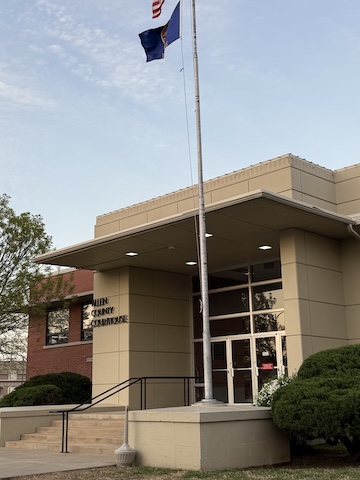Liberal abortion policies in states like Kansas have played their own role in an overall increase in abortions nationwide since the reversal of Roe v. Wade and the remanding of abortion legislation back to individual states, a study released today has revealed.
Despite continually inflamed claims by pro-abortion advocates to the contrary, the statistical review shows the number of abortions performed in the U.S. has increased since the overturning of the landmark Supreme Court decision that legalized abortion nationwide.
An article published Wednesday in the National Review by Haley Strack details the study, conducted by the pro-choice Society of Family Planning (SFP). That study reveals an average of 98,990 abortions were performed per month in the first three months of 2024 compared to 84,000 per month in the two months before the Supreme Court’s Dobbs decision in June 2022.

Although abortions have decreased in the 14 states with abortion restrictions, they increased in states with liberal abortion access, especially states like Illinois, Kansas, and New Mexico, which border states with restrictions, according to the study. Kansas voted down a proposed constitutional amendment two years ago which would have countered a state supreme court ruling that the Kansas Constitution includes a basic human right to purposefully abort a pregnancy. The failure of the Kansas amendment and its proximity to restrictive states has reflected the Sunflower State as a destination for “abortion tourism,” with statistics reflecting large numbers of out-of-state women coming here for abortions.
“I am expecting the number to plateau at some point. But with each report, we see the numbers increase, so we’re not at that plateau just yet,” Ushma Upadhyay, co-chair of SFP’s research project, #WeCount, and professor at the University of California, San Francisco told the National Review. “There continues to be a lot of unmet need that is being met in various ways.”
Strack’s article said Telehealth services — by which doctors remotely prescribe patients abortion pills — are used in 20 percent of U.S. abortions. Before Roe was overturned, only 5 percent of U.S. abortions were administered via telehealth. In states that have restricted access to abortion, chemical abortions are convenient, cheap, and rising in popularity; chemical abortions accounted for 63 percent of all abortions in the U.S. in 2023, up 10 percent since 2020.
“As long as we keep seeing more states increasing restrictions, I think we will continue to see the abortion volume grow as people learn about telehealth,” Upadhyay said.
The U.S. Food and Drug Administration (FDA) approved mifepristone, which, when combined with misoprostol is the most common chemical abortive, in 2000.

The FDA has walked back the drug’s safety standards since, Alliance Defending Freedom lawyers say. Whereas once, a doctor was required to see a woman before, during, and after a chemical abortion, the FDA in 2021 decided that in-person consultations were “no longer necessary.” Although the FDA warns that the drug hospitalizes one in 25 women, the agency allows the drug to be distributed by mail.
Alison Norris, co-chair of #WeCount and Ohio State University College of Public Health professor, told the National Review in a statement that “even as we see the increase in abortion volume nationally, the burden on an individual living in a state with an abortion ban is enormous, especially if they need in-person abortion care.”
Presidential candidate Kamala Harris and her newly-chosen vice presidential pick, Minnesota Governor Tim Walz, are expected to make abortion access a top policy priority. Harris became the first U.S. vice president to visit an abortion clinic this year when she and Walz toured a Minnesota Planned Parenthood clinic in March.
Walz, who said in March that “old white men” need to learn how to better talk about abortion, signed two bills in 2023 that allowed for abortion up until birth and repealed Minnesota’s requirement that women give consent before receiving an abortion.
Dane Hicks is a graduate of the University of Missouri School of Journalism and the United States Marine Corps Officer Candidate School at Quantico, VA. He is the author of novels "The Skinning Tree" and "A Whisper For Help." As publisher of the Anderson County Review in Garnett, KS., he is a recipient of the Kansas Press Association's Boyd Community Service Award as well as more than 60 awards for excellence in news, editorial and photography.





